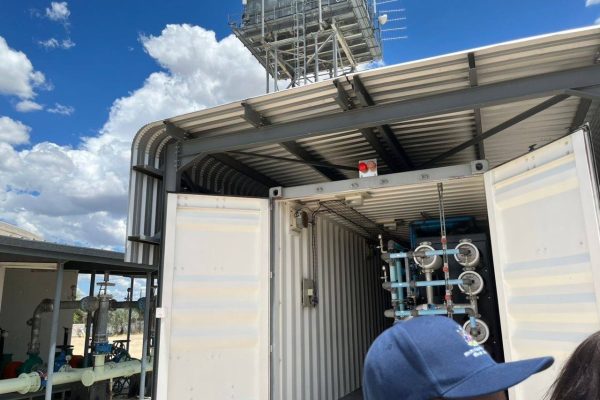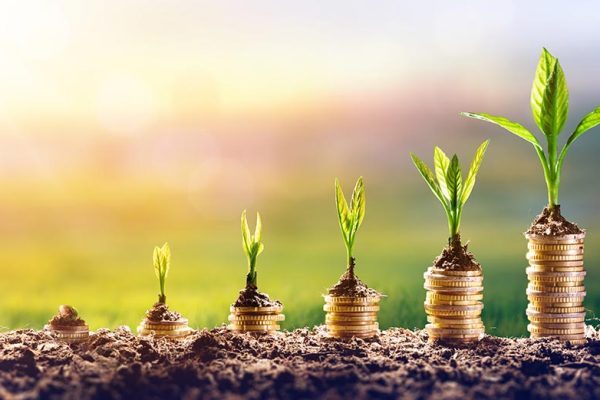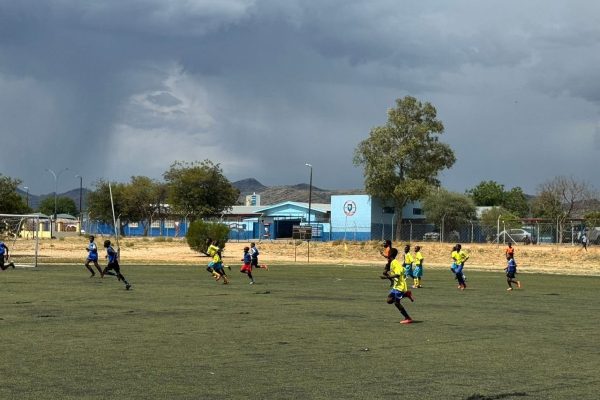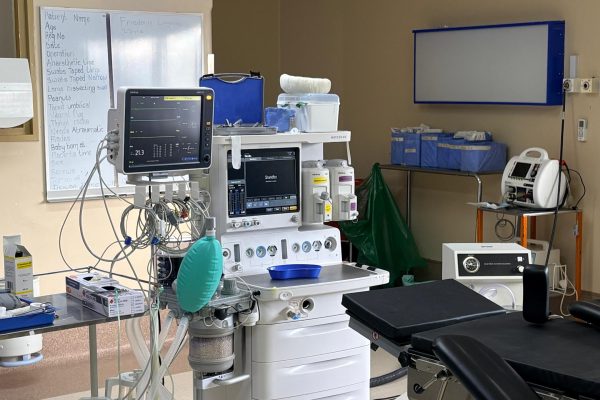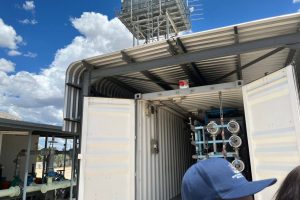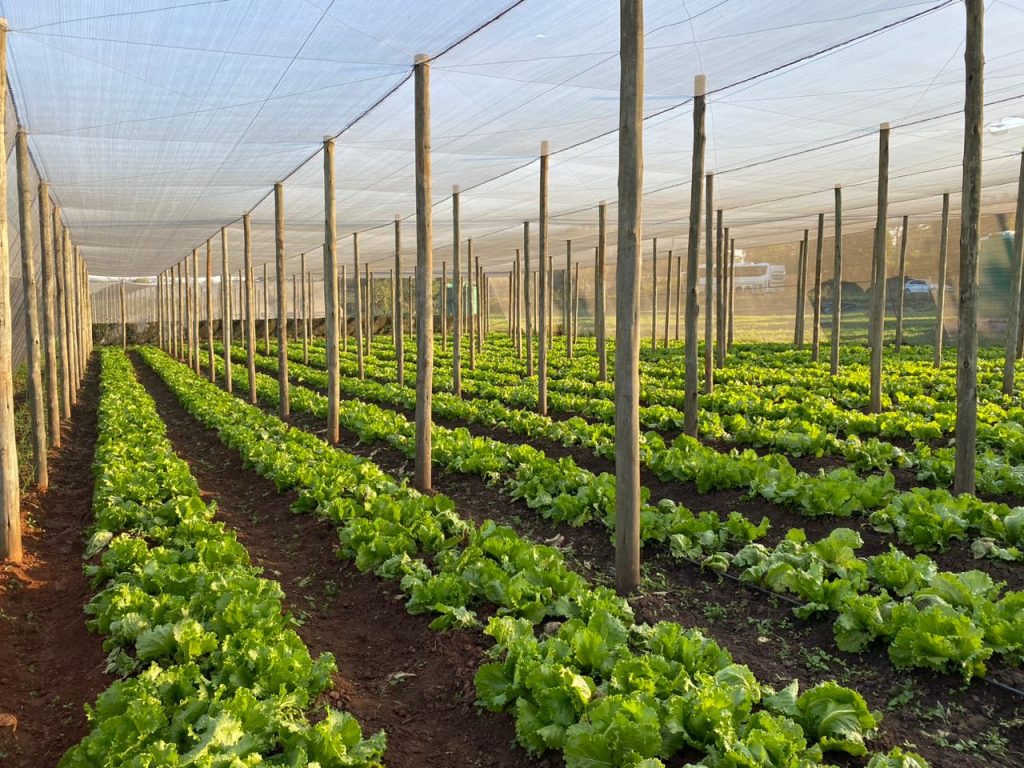
By: Annakleta Haikera
With agriculture often seen as the backbone of production, its role as a vehicle for education and skills development is equally powerful, especially in rural and under-resourced regions.
Lukas Mandema, founder of KEME Agriculture Vocational Training Institute, on Thursday said youth in the Kavango East Region should see agriculture as the future, not a fallback.
According to Mandema, people should shift the narrative that agriculture is a punishment for school dropouts, and instead see it as an innovation hub. He added that farming is about learning how to manage land, understand climate patterns, run a business, and apply new technologies.
“When our youth are involved in agriculture, they are also learning independence,” he said.
The integration of learning into agriculture is especially visible in vocational institutions and green scheme partnerships. At places like the KEME Agriculture Vocational Training Institute, agricultural training includes both practical fieldwork and classroom-based modules in agro-entrepreneurship and sustainability.
“There’s a need for more structured programs that focus on agriculture as a skill-building field,” said Mathew Ndango, a farmer.
“We want our youth to see the farm as a future, not a fallback,” Ndango stressed.
“If they learn how to grow food, manage money, market produce, and adapt to climate change, they’re not just farmers, they are innovators,” he added.
“Indeed, agriculture is no longer only about what we eat. It’s also about what we learn, and who we become through that learning,” Ndango concluded.
Riaan Fokkens, the farm manager at the Shitemo Green Scheme, said this blend of education and production is also important for food security.
“When young people understand how to grow food and run small-scale agri-businesses, they become contributors to local economies,” he said.
“In a country that still imports much of its food, this knowledge is not only personal empowerment; it’s national resilience,” Riaan explained.
Across the Kavango regions, green schemes and small-scale farmers are not only harvesting maize and vegetables they are cultivating practical knowledge.


